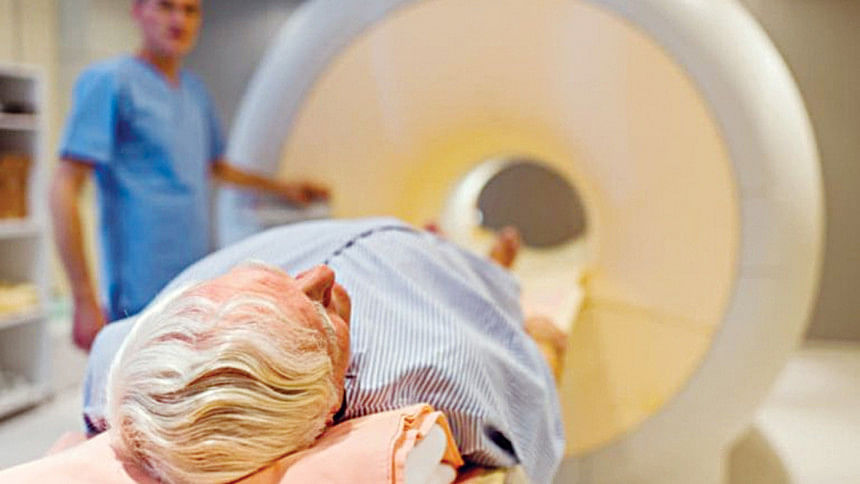Is routine cancer surveillance always helpful?

After completing cancer treatment, many patients undergo regular scans and blood tests to check for a return of the disease. This process, called surveillance, is commonly done every 6 months for up to 5 years. The idea is that catching cancer early, before symptoms appear, could lead to better treatment outcomes. However, research shows this may not always be true.
Studies, including randomised controlled trials, show that routine testing for cancer recurrence in people who feel fine does not reduce the risk of death. In fact, detecting cancer earlier does not always mean better survival—it can just appear that way because the disease is found sooner (a concept called lead-time bias).
Surveillance can also bring harm. Tests like CT scans and MRIs are expensive, can cause stress or anxiety (often called "scanxiety"), and sometimes lead to more procedures that may not help. False alarms or incidental findings can lead to unnecessary treatments or emotional distress. Plus, many patients may start treatment for a recurrence earlier than needed, affecting their quality of life.
Blood-based tests for detecting cancer DNA are also being promoted, but we still do not know if they actually help people live longer or better. Meanwhile, some cancers, like prostate or thyroid, already have very high long-term survival rates, and frequent testing may offer little benefit.
Experts now say that less surveillance may be better—especially if the patient has no symptoms. What is truly important is more research and honest conversations between doctors and patients about the real risks and benefits.
Source: The New England journal of medicine

 For all latest news, follow The Daily Star's Google News channel.
For all latest news, follow The Daily Star's Google News channel. 



Comments